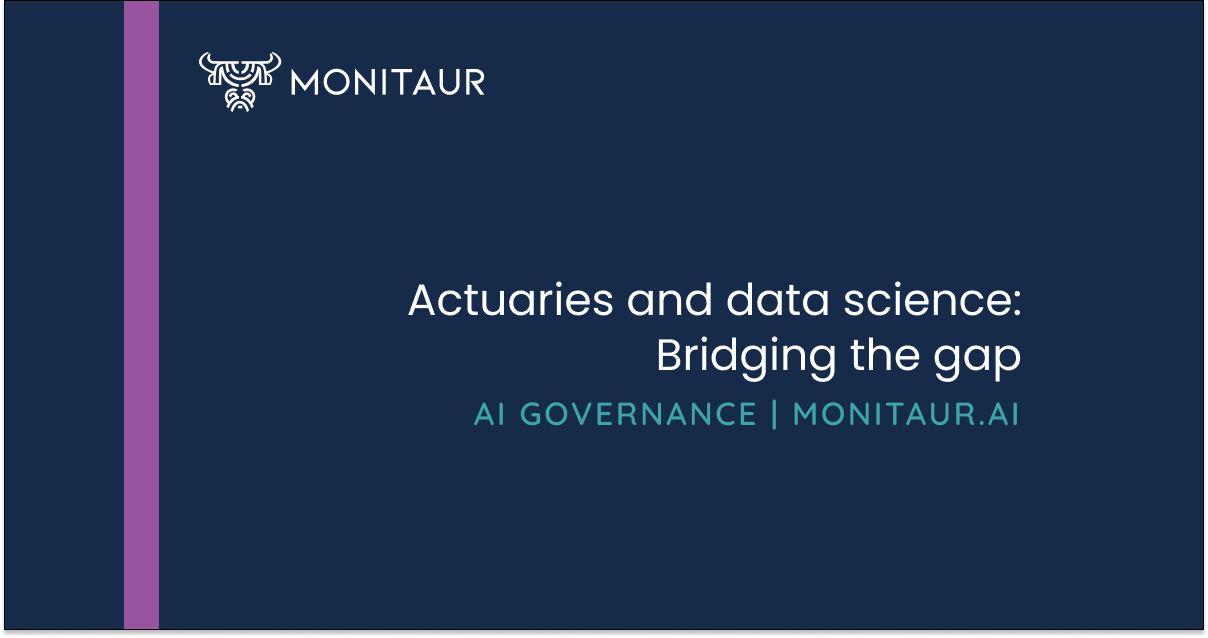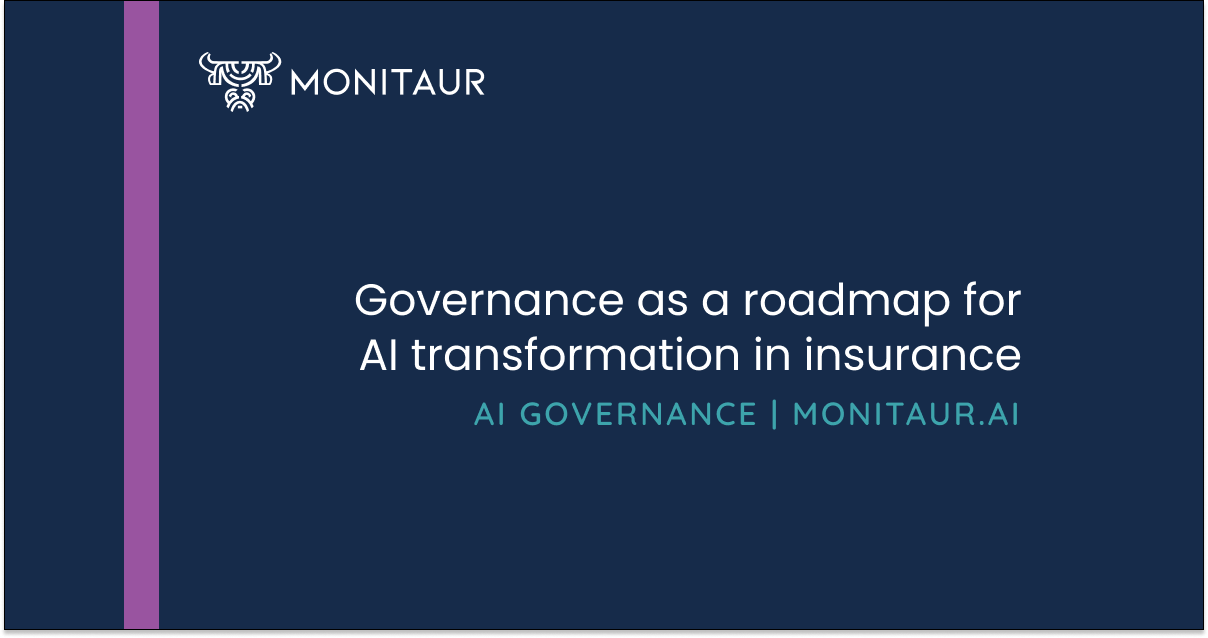Actuaries and data science: Bridging the gap
New methods from data science and AI present new opportunities for actuaries, but they haven't yet been absorbed into actuarial practices largely because of training and compliance barriers. We propose solutions for bridging this gap.










